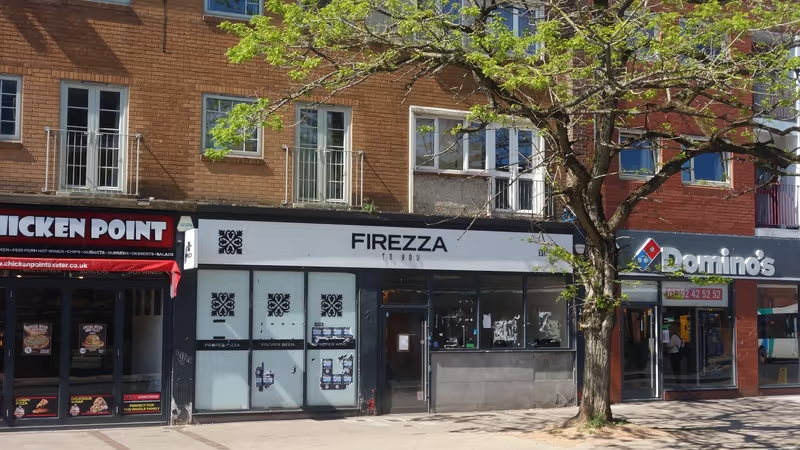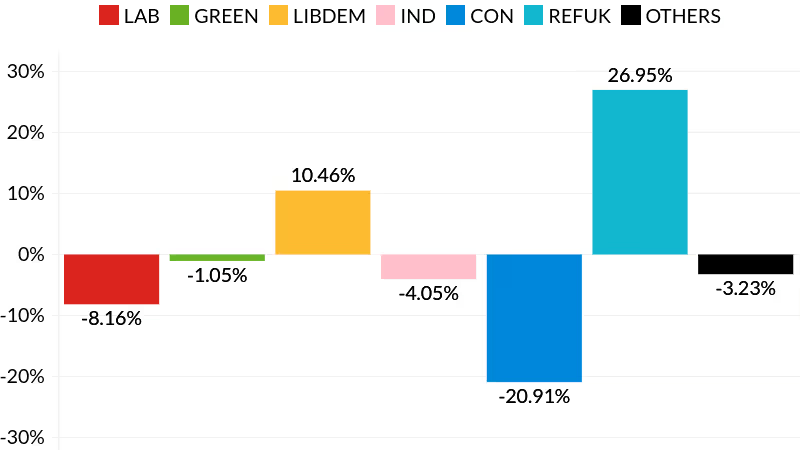In summer 2016, four district councils authorised work to start on producing a new statutory planning document, the Greater Exeter Strategic Plan (GESP).
This aims to set out the overall spatial strategy and levels of housing and employment land required up to 2040 for the East Devon, Exeter, Mid Devon and Teignbridge council areas (excluding Dartmoor National Park). Devon County Council is also a partner, primarily because of its role as the transport, highways, and minerals and waste planning authority.
The original timetable, described by planners as “ambitious”, envisaged the plan would pass through all its consultation and examination phases to be in place by the end of 2019. Now, eight months from that deadline, not even the first draft has appeared.
During the first quarter of 2017 the GESP team consulted the public on the high-level issues to be addressed in the plan, and on a draft Statement of Community Involvement (SCI) which set out how the plan-makers should engage with communities.
A summary of responses received on the issues paper has been published, but there has been no response to comments on the SCI, and now, two years after the public process began, the SCI remains in draft. Public consultation on a first draft of the plan was initially scheduled for January 2018.
The whole idea of GESP was that the participating councils’ local plans would be guided by GESP decisions. The slipping timetable has caused particular difficulties for Exeter, whose local plan does not demonstrate a five year supply of land for housing – a requirement of the government’s National Planning Policy Framework - and is thus highly vulnerable to challenge by developers who want to build what they like where they like.
Local plans: a quick explanation
All district councils are required to produce a Development Plan to guide future development in the area.
Guidance issued under the Labour government pre-2010 specified the documents to make up these plans, including a Core Strategy and a Development Delivery Plan. Since the introduction of the first National Planning Policy Framework (NPPF) in 2012, these requirements have been loosened, but some councils – including Exeter – began their current plans under the pre-NPPF arrangements. This accounts for the use in Exeter planning documentation of terms no longer current, including:
- Local Development Scheme: broadly, a list of the documents making up the Development Plan.
- Core Strategy: provides a broad strategy for development, a spatial strategy (determines overall land use), strategic policies and strategic allocations (e.g. for housing).
- Development Delivery Plan: allocates sites for development, designates sites for protection, and sets out development management policies to assist in determining individual planning applications.
Government policy encourages councils to collaborate in resolving strategic issues across boundaries by working on joint plans – the GESP is an example.
All plans are required to be subject to local consultation in draft form, and then submitted for approval by a government planning inspector. This process normally takes about three years.
The five year housing land supply requirement is set out in paragraph 73 of the NPPF 2019. Its purpose is to demonstrate a supply of specific deliverable sites sufficient to provide five years’ worth of housing against a housing requirement set out in adopted strategic policies, or against a local housing need figure.
Indeed, one view of the real purpose of GESP is to dig Exeter City Council out of its hole by moving some of the city’s prescribed housing requirements into other parts of Greater Exeter.
This is borne out by a report to the city council’s Executive on 10 July 2018 which stated: “However, there are elements of the Development Delivery Plan which need to follow on from the GESP, in particular the number and broad distribution of new homes and some other forms of development will be a GESP strategic decision.”
The same report ensured that Exeter City Council revised their timetable for producing a revised local plan that satisfied national policy requirements, following the GESP delays.
Councillors were no doubt influenced by a warning from the council’s monitoring officer who told them: “Exeter City Council’s core strategy which contains its housing allocation targets for the period up to 2026 is vulnerable to challenge and will become increasingly so challengeable until such time as both Exeter Development Delivery Plan and Greater Exeter Strategic Plan have finally been adopted.
“Given that care should be given to ensure that no further slippage occurs. There could be reputational damage to the Council in terms of transparency and accountability if the scheme is not updated.”
The reasons for the delay to GESP were cited as:
- uncertainty in the light of the government’s reviews of national planning policy and housing policy
- a very high response to the call for development sites issued in early 2017
- difficulties in resolving transport issues with Devon County Council and Highways England.
In September 2018 the GESP team asked the participating councils to approve a high-level vision – not a draft plan - for public consultation. East Devon District Council gave it short shrift on grounds of vagueness and inadequacy. The document has not been heard of since.
With a draft plan unlikely to be ready until spring 2019, the risks of running into pre-election purdah meant the publication of the first consultation draft has been rescheduled for June 2019, two years behind the original timetable. This is presumably contingent on no major political changes arising from the council elections on 2 May.
The consultation on the draft plan is now scheduled for June 2019, conveniently after May’s round of local elections.
The extent to which the absence of a definitive GESP will be used by councils – and particularly Devon County Council as transport authority – for delaying urgently-needed measures to improve air quality through reducing the need to travel, managing down traffic volumes and prioritising cycling, walking and public transport remains to be seen.











